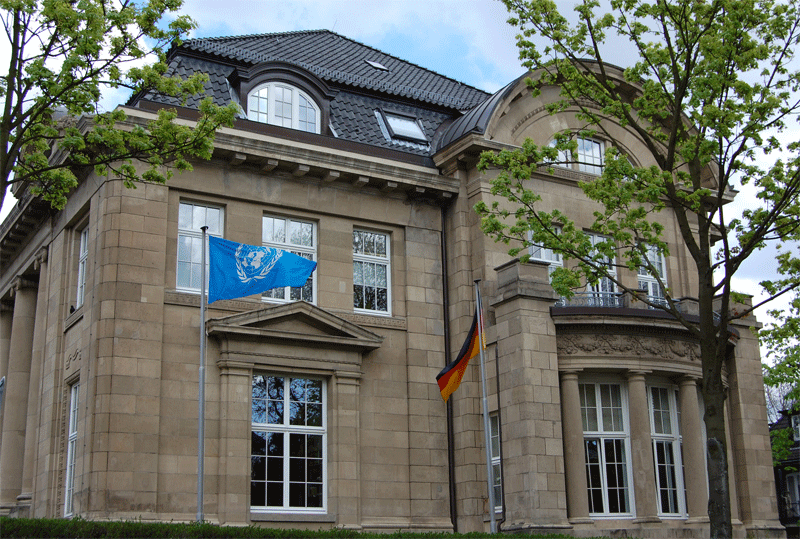
The UNESCO Institute for Lifelong Learning (UIL) is the only UNESCO entity with a mandate for lifelong learning. Its mission is to strengthen the capacities of member States in the field of lifelong learning, with a focus on adult and continuing education, literacy and non-formal basic education, and to promote lifelong learning as the leading educational paradigm for inclusive and sustainable learning societies. It does this through a range of programmatic activity in the areas of its mandate, through monitoring, knowledge management and research, and through networking and publication on lifelong learning.
UIL is based in Hamburg, Germany, where it was founded in 1952. However, it operates in countries around the world. It works closely with key partners at regional, national and city level to support the wider availability of high-quality lifelong learning, with a particular focus on those individuals and communities with the least opportunity to learn. Through the development of its programmes, it aims to maximize the contribution of lifelong learning to the United Nations 2030 Agenda for Sustainable Development, stressing its relevance not only to Sustainable Development Goal (SDG) 4, which calls on Member States to ‘ensure inclusive and equitable quality education and promote lifelong learning opportunities for all’, but to all 17 SDGs.
The points of view, selection of facts and opinions expressed in this blog are those of the authors and do not necessarily coincide with the official positions of UNESCO or UIL. The designations employed and the presentation of material do not imply any opinion whatsoever on the part of UNESCO or UIL concerning the legal status of any country or territory, or its authorities, or concerning the delimitations of the frontiers of any country or territory.
